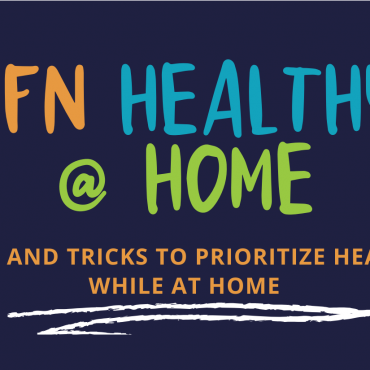3 Tips for Planning Menus Around Sensitive Stomachs
Wondering if the food you just enjoyed is going to make you ill is extremely frustrating. To get a handle on conditions such as IBS, heartburn, and GERD, it’s a good idea to dig into the problem with your doctor until you have an accurate diagnosis. Here are some ways to plan menus around a sensitive stomach.
Worried About IBS?
Irritable Bowel Syndrome, or IBS, can be extremely hard to diagnose. Many sufferers get extremely frustrated when trying to determine their triggers because what affects them one week causes no trouble the next week. They can also have a flare-up that seems to have no basis in diet.
To manage your IBS, you will need to determine your triggers through a process of elimination. Cutting out dairy is often recommended as a starting point because dairy products can cause a great deal of inflammation in some adults. Fermented foods like sauerkraut can cause a flare-up. A low FODMAP diet can also be a great start to managing IBS.
Hurting From Heartburn?
Heartburn isn’t really connected to your heart, though a bad bout of it may feel like a heart attack. Severe heartburn at night is caused by acid reflux, a backflow from the stomach up the esophagus. Acid in the esophagus leads to an inflammation of the tissue. A burning or sharp pain will develop in the chest.
Eating a large meal late in the day can contribute to heartburn, as can consuming alcohol with the meal. Spicy foods can also contribute to heartburn. A simple way to reduce the risk of heartburn is to make lunch your biggest meal of the day. Avoid anything fried with dinner, and drink plenty of water with your meal. By carefully monitoring how you eat, you should be able to gain some control, and it’s important to know how to maintain it through diet, especially when OTC medications get recalled.
GERD
Occasional heartburn can be frustrating, but chronic reflux and heartburn can lead to gastroesophageal reflux disease, or GERD. GERD is a chronic inflammation of the esophagus caused by stomach acid backup. Untreated, GERD can lead in turn to esophageal cancer.
To avoid the damage of GERD, limit your intake of acidic foods such as tomato sauces. Cut out spices to let the tissue heal. Try to be done eating at least an hour before bedtime, and drink water between dinner and sleeping. If you must have a bedtime snack, have 1/4 cup of unsweetened applesauce to neutralize stomach acid.
Knowing your triggers is critical to managing digestive problems. When possible, eat simply and keep a food diary. If reflux is extremely problematic, try sleeping with your head raised in a recliner or on a wedge pillow. An elevated position can reduce the risk of acid moving up the esophagus.




